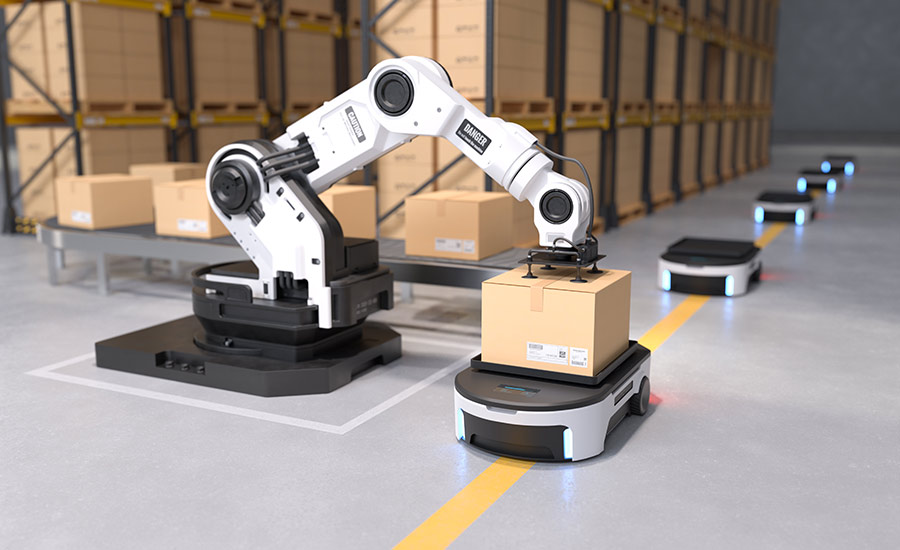The Warehouse Robot (Reflections on My Journey, Part 2)

Yesterday’s Advent of Code puzzle reminded me of a pivotal moment early in my programming career. The Day 6 challenge was eerily similar to the Warehouse Robot problem that once brought me to my knees during a job interview nearly four years ago.
I remember sitting there, a beginner programmer brimming with ambition but lacking the nuanced understanding of problem-solving. In my eagerness to impress, I immediately dove into creating unnecessarily complex Python Abstract Base Classes (ABCs), effectively building an elaborate house of cards when what was needed was a simple, sturdy foundation. Classic rookie mistake — trying to run before learning to walk, attempting to showcase sophistication instead of clarity.
My interviewer, Leonardo Giordani — an incredible mentor whose books on programming in Python and writings on The Digital Cat blog have influenced countless developers — saw through my overengineered approach with remarkable patience. The most valuable lesson he taught me wasn’t about solving the specific problem, but about problem-solving philosophy: when an object-oriented approach isn’t yielding results, why not take a step back and embrace a more straightforward functional paradigm?
My disappointment at not completing the problem was overwhelming. Instead of letting it defeat me, I channeled that energy into a marathon coding session, spending the entire day and night refining my solution. The next morning, I meticulously packaged my work into a GitHub gist and sent it off, hoping for some insight.
Weeks — or was it months? — passed in silence. When Leo finally responded, it wasn’t with the detailed critique I had anticipated, but with a brief note. He apologised for the delay, mentioned that he’d quickly reviewed the solution and found it “fine,” but most importantly, had recommended me for the position (which I’m still in over three years later) immediately after the interview. His reasoning? Not the technical perfection I had obsessed over, but my evident passion and determination.
This wasn’t an isolated incident. Throughout my journey to secure my first technical role, I encountered multiple interviewers who were more than just evaluators — they were educators. Each interview, whether successful or not, was a masterclass in technical and personal growth. The rejections weren’t failures, but stepping stones, each one adding a layer of knowledge and resilience.
The real lesson took time to sink in: in the world of programming, setbacks aren’t endpoints. They’re not indicators of limitation, but opportunities for transformation. Every complicated solution that doesn’t work, every interview that doesn’t result in an immediate offer, is a chance to learn, to refine, to understand not just the technical craft, but the art of problem-solving.
As I reflected on yesterday’s Advent of Code puzzle, I couldn’t help but smile. The code that once seemed insurmountable now feels like a familiar challenge, a testament to how far one can come with persistence, humility, and a genuine love for learning.